My Observership in Graz, Austria
For many first-year students, including me, Observership is also the first true experience in a hospital environment. I wanted to make my first clinical experience worthwhile.
At first, I was a bit taken aback when I realised, I had to arrange my own placement. During the Observership briefing, I heard about the partnership opportunities UQ has with other medical institutions across the world. I spent an entire weekend exploring the options and weighing up the advantages and disadvantages. Eventually, I decided to apply for a placement in the department of Anaesthesiology and Intensive care medicine at Medical University of Graz, Austria, with the help of the UQ placements team. It was one of the best decisions I made in 2019.
When I first landed in Graz, I was spell-bound by the simple yet classic look of the city. With the chill winds of winter caressing my skin, lush green farms feasting my sight and buildings reflecting the cultural values, I felt like I had stepped into a fairy-tale world. I fell in love with the city right away.
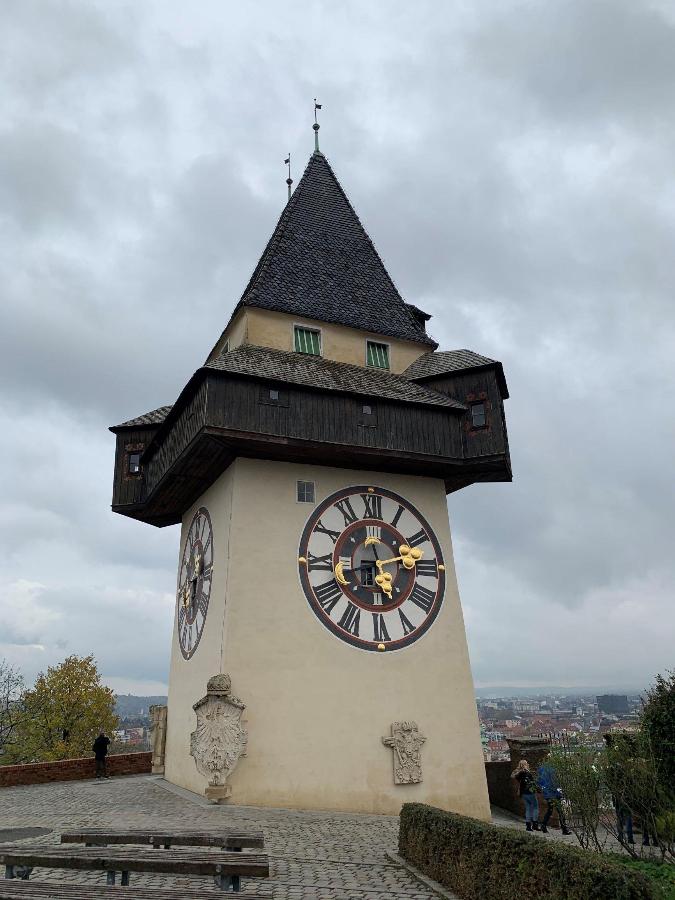
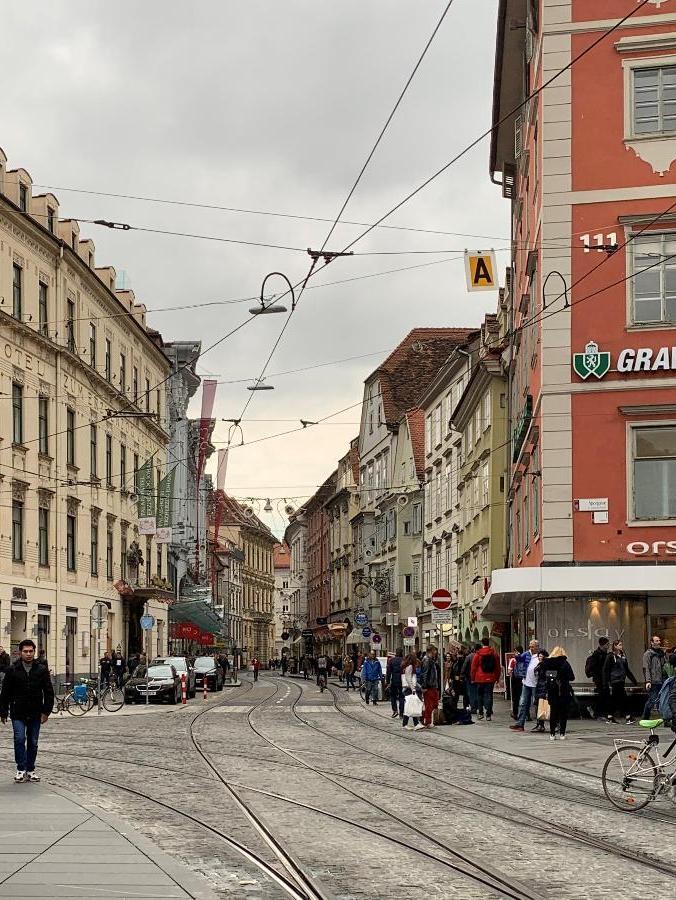
On the first day of my Observership, 11 Nov 2019, I took a direct bus to the University Hospital. It was a 20-minute ride from the student accommodation where I stayed. The hospital is quite big, and in fact it looked like a mini city. It had absolutely everything – supermarkets, restaurants, banks, flower shop and many more.
At 7.30 am, I nervously walked to the door of Ms. Andrea Berghofer, the administrator of the Department of Anaesthesiology and Intensive care department. She greeted me with a warm smile, and I felt better right away. She got me to change into white scrubs and took me to Intensive care 2 (post – surgical and general ICU) to meet Dr Munch, who was my supervising doctor. Along with Dr Munch, I met his team of doctors; Dr Sankin and Dr Honef. At 8 am, Dr Metnitz (Head of the Department) arrived and we began the ward rounds. I found it extremely difficult to follow the conversation among the doctors and patients since the main language of communication is German. Although I was previously warned about this situation, I was not well prepared for this. After the rounds, however, Dr Sankin explained the need-to-knows of each patient admitted. I felt relieved and grateful.
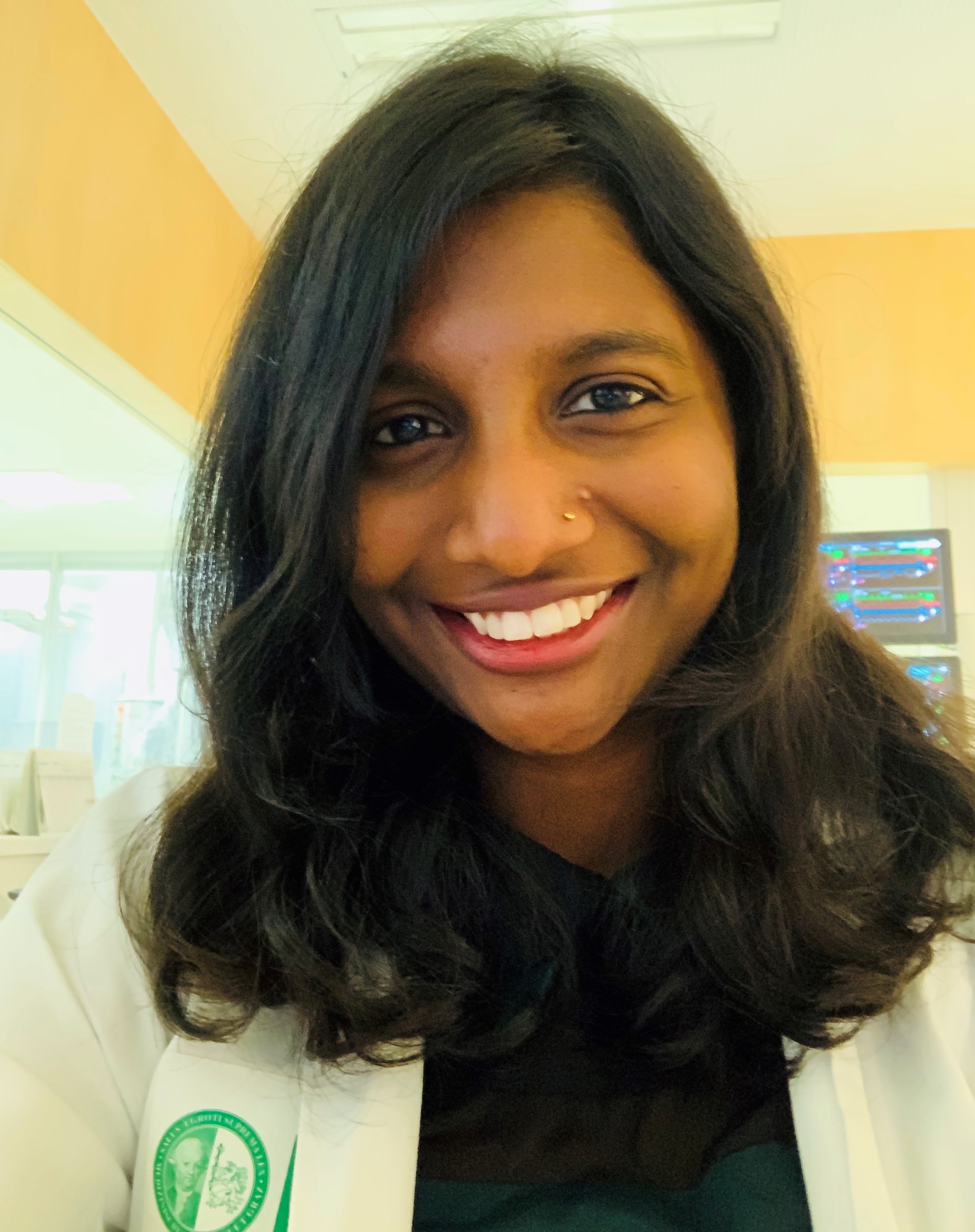
Following the rounds, the doctors began to do some administration work that included in preparing letters, requesting transfer of patients to other wards, writing discharge summaries and requesting laboratory investigations. Once the job was done, the doctors and nurses assembled in a room to discuss the patient’s laboratory results, current health status and treatment plans. This time I did not need much explanation since the medical terms seemed like that of their English counterparts.
After the therapy session, I observed procedures such as proctoscopy, surgical tracheotomy and sterile surgical dressing. My excitement knew no bounds. I truly felt privileged to have witnessed all this during the very first day. By 3pm, I had completed the first day of my Observership.
On the second and third day, I witnessed the serious side of the ICU – decision making. It was interesting to know the clinical and ethical dilemma involved in deciding the effectiveness of the treatment. At the end of the discussion, it was heart-breaking when one patient was declared DNE/DNR (Do not escalate/ Do not resuscitate). This incident widened my perspective on real-world medicine.
Over the following days, I saw other procedures like intubation, bronchoscopy, laryngoscopy, ultrasound guided biopsy, establishing central vein and arterial access and blood transfusion. By the end of the week, I was overwhelmed with a variety of emotions that ranged from relief, happiness, pain and sadness.
The weeks that followed had the same routine, but I did get some hands-on experience that included palpating abdomen, auscultating the heart and lungs, assisting during intubation and surgical dressing. Furthermore, I also had the opportunity to observe abnormal clinical sign such as jaundice, subcutaneous emphysema, kussmaul breathing.
While I spent my entire weekdays in the hospital, I used my weekends to travel around Austria. During the first weekend, I went around the city of Graz and I visited Vienna the following weekend. I also visited the Christmas markets around both the cities. It is a just beautiful country to go on a holiday and I believe every person must visit Austria at least once in their lifetime.
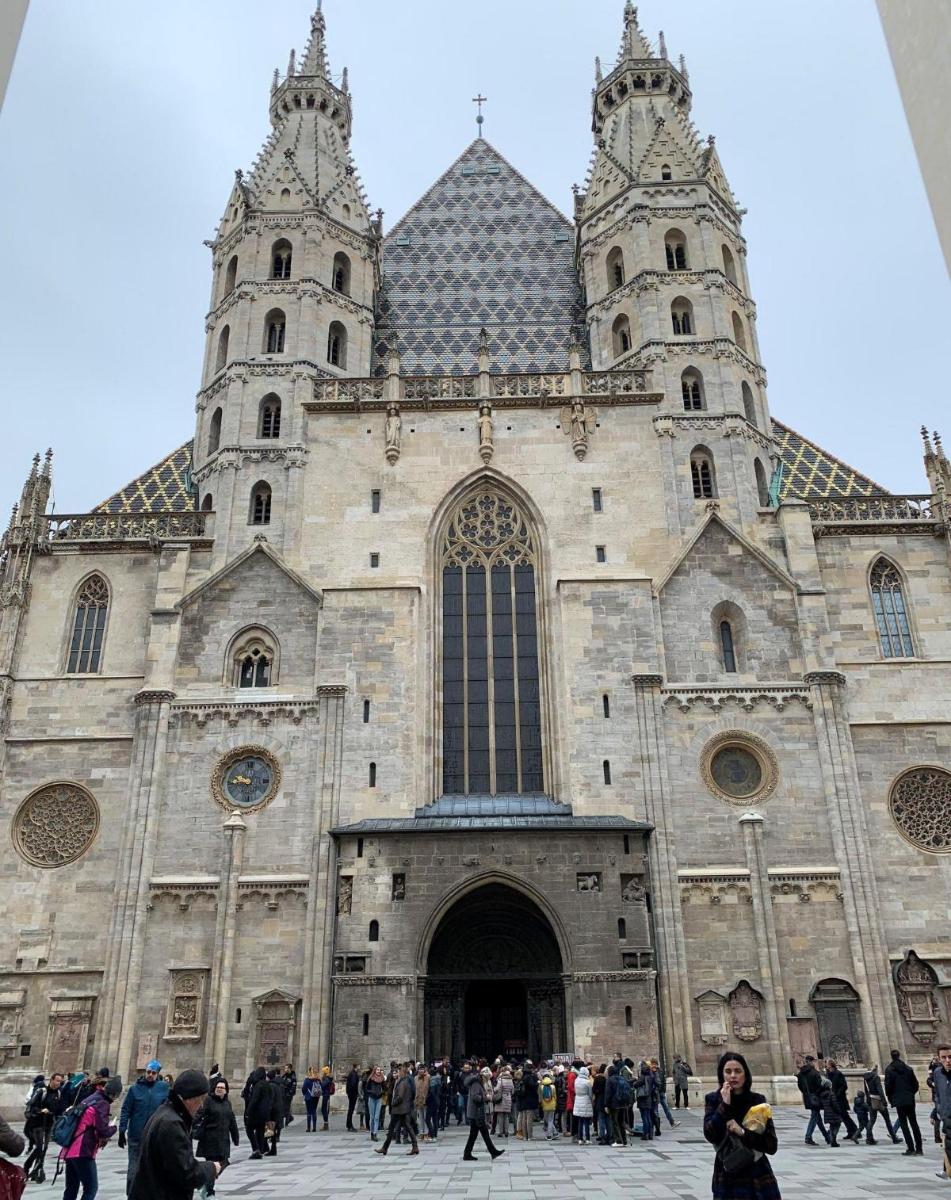
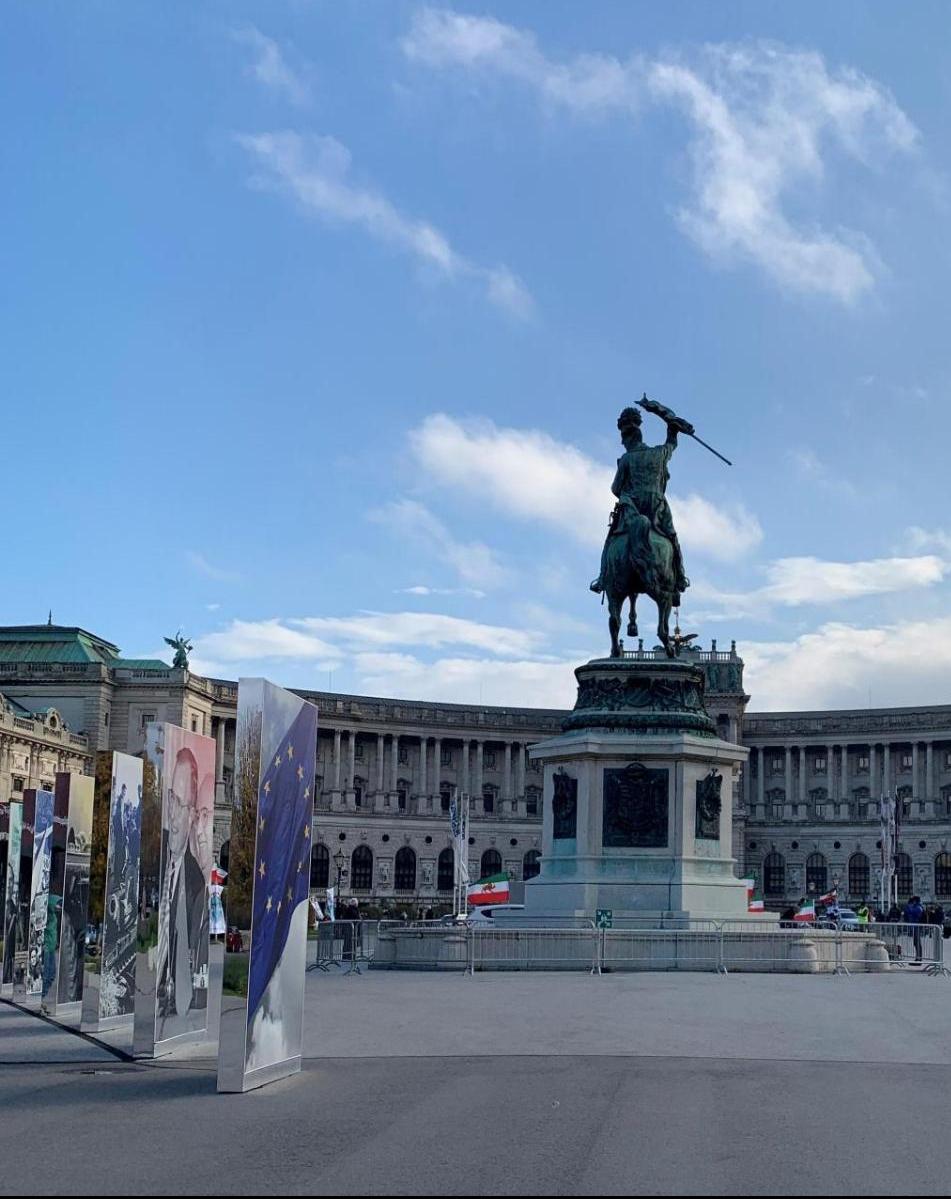
Honestly, this Observership is one of the best chapters of my life. I earned my first certificate in med school – Certificate of Observership from the Medical University of Graz. I met doctors who not only taught me clinical medicine but also advised me on personal levels. I can’t thank them enough for their time and effort. I would also like to thank UQ and Medical University of Graz for making this possible. Last but not the least, I would also like to thank my family and friends for supporting me throughout this journey.

